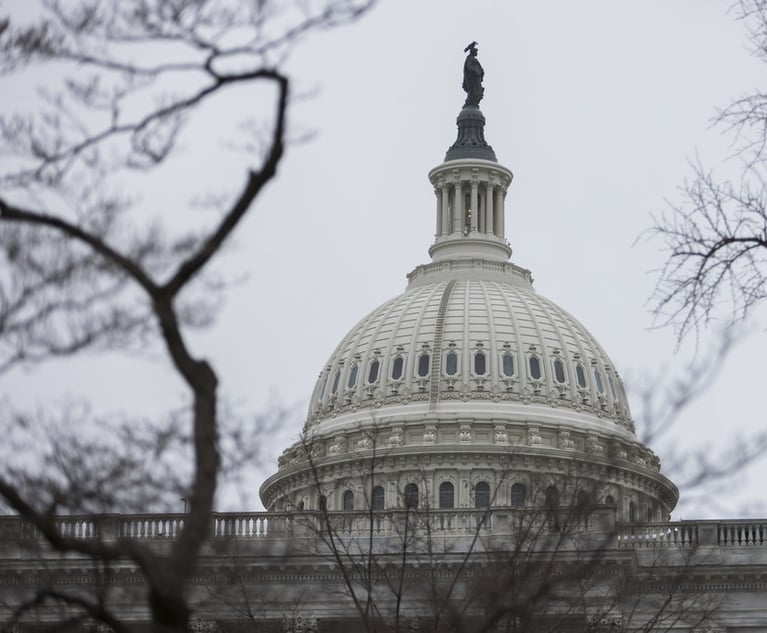ANTITRUST ISSUES - The U.S. Justice Department’s successful challenge to the merger of two major book publishers—Penguin Random House and Simon & Schuster—provided a burst of momentum for the Biden administration’s progressive antitrust approach. But, as Law.com’s Andrew Goudsward reports, the ruling came after three successive judicial rebukes to the Justice Department in other cases, which dealt an early blow to a department that has vowed to go to court to press its more expansive view of antitrust enforcement. Antitrust lawyers cautioned against drawing overly broad conclusions from a set of cases that are highly fact-specific and involve industries as varying as book publishing, health care and agriculture. But the record so far has left some in the defense bar questioning the DOJ’s litigation strategy. “Winning the [Penguin Random House] case was critical,” said Steven Sunshine, the head of the global antitrust group at Skadden, Arps, Slate, Meagher & Flom. “You have to judge how successful Kanter is in moving his agenda by what changes to the law and what changes to enforcement policy he is able to make. That’s a body of work. If you were to lose all the cases you’re bringing, one could argue not only are you not moving the enforcement agenda, but you may be entrenching the old one.”
TUMULTUOUS TIMES - Law firm leaders are likely to face mounting pressure to make cuts wherever they can find them as the end of the year approaches, with demand falling 0.7% relative to the same period last year and productivity falling 3.8%, according to a report published Monday. Every practice area sans labor and employment, which saw a modest 0.4% gain, saw declining demand, according to the latest Law Firm Financial Index report from Thomson Reuters. And even “historically high” billing rate growth, pegged at 4.8% relative to the third quarter of 2021 across law firm segments, is being eclipsed by inflation. All of that means Big Law is at an “inflection point,” the report concluded, with equity partners quite possibly getting smaller payouts and firms potentially under pressure to cut into head count. Still, it’s not all bleak. The report added that “most law firms continue to operate in a business-as-usual environment,” and many of the declines are still based on incredibly high baselines from last year. “I think the takeaway is that the sky isn’t falling,” Bill Josten, strategic content manager for Thomson Reuters, told Law.com’s Andrew Maloney. “But there are things we need to be very careful about.”










